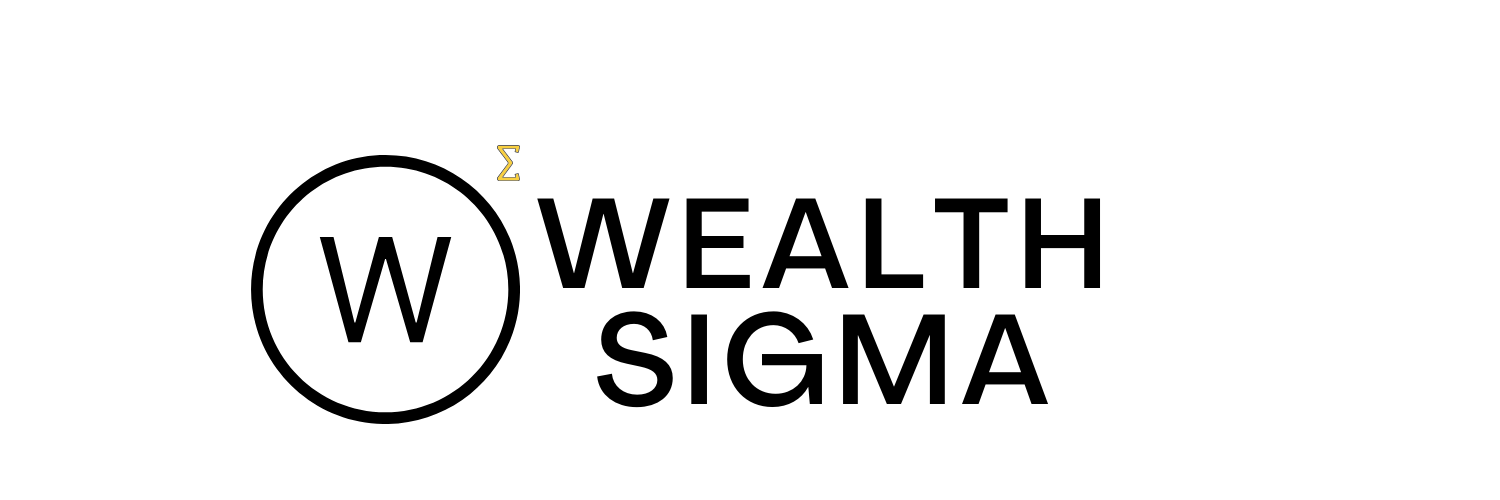2023 so far is shaping up to be a year of contradictions judging by the different reports on the UK Housing market and factors that impact it.
In the fews weeks of this new year so far, the reports coming from different sources regarding the state of the UK Housing market and what the future holds has ranged from confusing to frustrating.
Here is a list of a few examples:
1: Example one.
2: Example two.
3: Example three.
4: Example four.
5: Example five.
According to some reports, things are looking better since wages are going up, interest rates are going down and more houses are being sold.
On the other hand you have reports of an impending recession, possible market crash, job losses, house prices falling and higher costs associated with borrowing.
By the time you have read this article, you will have a number of questions answered, a lower blood pressure and breathe a sigh of relief.
This should ease your frustration and serve as a reminder of why you should share this article and follow us on Instagram and TikTok – worth a shot.
The four main factors that impact the housing market
If you read our Winter Outlook, you should be somewhat familiar with the main forces that are impacting the economy.
Here is a further breakdown of the main forces that impact the UK Housing market and how.
1: Interest Rates
2: Inflation
3: Real Incomes (Wages) and Jobs
4: Availability of Houses
Interest Rates: What are they and how does it impact the Housing Market
What are Interest Rates
The rate of interest on any loan shows the borrower how much more they will need to pay back in addition to what they have borrowed. This is the cost of borrowing.
As a saver, the interest rate shows what you can earn on your saved money (worth remembering without complicating things that banks lend out your money). When rates are high, your saved money earns you more interest.
From this illustration you can also deduce some of the reasons why interest rates are raised or reduced.
To get people to save more, well, give them more return for saving their money and if you want people to spend more, make it easier (reduce the cost of borrowing) for them to borrow.
This has the effect of stimulating the economy or slowing it down when things get too hot.
How do Interest Rates affect the Housing Market
When you are looking to purchase a home, many if not all lenders will need you to put a deposit which is a percentage of the price of the house you are looking to purchase.
The rest of the money is borrowed from a lender which could be a bank or building society. Since nothing is free, this borrowed money needs to be paid back over a period of time, with interest. You effectively have a mortgage arrangement with the lender.
The rate of interest you pay on the loan is impacted by the Bank Rate (another name for the Interest Rate in the UK).
When interest rates are higher, your cost of borrowing increases and you will need to pay back more on the loan than you normally would if interest rates are lower.
Higher interest rates make it more expensive to borrow and encourages even more people to save because of the higher interest earned by money you have saved in the bank.
When the cost of borrowing increases, people are less likely to purchase big items such as houses or cars or anything that will require taking on debt.
Inflation: What it is and how it impacts the Housing Market
For starters I recommend you become acquainted with our article on inflation to have a basic understanding of inflation and its impact.
Inflation erodes the purchasing power of your money and in normal circumstances, inflation is not a bad thing.
The real issue here is high inflation and this is when inflation rises significantly over a short period of time. Most central banks aim for a steady two percent rise in inflation and anything greater than that may suggest the economy or parts of it is heating up.
When inflation is high, you need more of the currency to buy items or assets. If inflation is at 10%, that £100 you have is still £100 when you look at the currency but the purchasing power (what you can buy) with the £100, will be less.
Hard assets such as Real Estate, Gold and some other commodities ‘do well’ during periods of high inflation since these assets are illiquid and anyone looking to buy them will need more of the (increasingly weaker) currency to purchase these goods.
The effect of high inflation on the housing market is multi dimensional and can be better seen from the lens of the different participants.
1: Home owners see the value of their homes go up since inflation makes it more expensive to purchase hard assets. As a result, they are not keen to sell and this can reduce the supply of homes for sale.
2: Buyers will need to raise more money (borrow more) to buy these same hard assets because the value of their currency is not as strong due to inflation eroding some of the purchasing power.
Now there are reasons why buyers and sellers may benefit in this situation but one needs to look closer to see what the trend is showing.
People may not be so keen on buying a house when inflation is biting because there are other costs (living costs) and needs that are more pressing.
If more people choose not to buy homes due to high inflation, that has the effect of reducing demand and when demand reduces, the prices will wane.
Many home owners too may not be willing to sell during periods of high inflation since the value of their homes is going up.
Real Income (Wages) and Jobs
The impact of wages and jobs on the housing market is quite straightforward. A strong job market and wage growth gives us confidence to spend more and buy homes or upgrade our living.
It is a sign that things are positive in the economy and can have the effect of increasing house prices as more people look to purchase homes.
Conversely, if people are earning less (especially due to inflation) or and if there are job cuts across the board, more people have a negative outlook on the economy and are reluctant to make large purchases such as buying a home or upgrading and the expectation is that house prices will fall as there is less demand.
Availability of Houses: How Supply and Demand impacts the Housing Market
The housing market is not exempt from the dynamics of supply and demand. If there are more houses (supply) on the market and the demand is not met, house prices should fall.
When there is growing demand for houses and short supply of houses, prices will go up.
What to do in the current housing market
Now we have been reminded of the main factors that impact the housing market and the manner in which they do, this is what you need to consider and do if you are in the market or just an observer.
This should not be taken as financial advise and should you need financial advise, seek it before you purchase. And thank us for pointing you in the right direction.
What we see happing in the UK Housing market is a confluence of the four points mentioned above, with each one having a certain amount of impact on the market.
High inflation and rising interest rates have a relationship such that as inflation is high, the central bank is raising rates until inflation falls to the target the central bank has set.
Wages and the supply of houses are directly impacted by the preceding points as people adjust their spending based on how they are impacted by prevailing economic circumstances.
These are the main things I will pay attention to if I was looking to buy a property in the current state of economy.
First, do not be an observer if you can help it. There are opportunities to invest that should not be overlooked depending on your budget and other factors taken into account.
Indicators show that inflation is falling and although the central bank will continue to raise rates, if they do so without crashing the economy, it is likely the rate hikes will slow down. When that slows down, there may be an increased appetite to purchase houses.
Secondly, get your finances in order. Speak with an expert and this includes potential lenders, estate agents and any other relevant experts in the property market so you know what your options are.
Thirdly, be more specific in for search. Simply looking for a house in any area may not be the best way to go about it. Be specific on the type of house you want and use that in your search criteria.
If you are interested for example in a family home, look at the areas you are interesting, look at the street and see if any opportunities come up. People are still going to have to sell due to death, debt or divorce – life happens eh.
Fourthly, use the prevailing market conditions (inflation, high interest rates) as chips for bargaining once you find a seller. Try to understand why they are selling as that can help you find middle ground or a win-win situation where you are not overpaying for a home and the seller does not feel cheated.
It is ideal to buy something that is undervalued and needs works as this reduces the risk of you buying a property that is overvalued especially since home valuations are dropping (across the board but at different rates).
Final Notes
Congratulations on making it this far in the article. Here are the main points to note.
A lot of what you read is entertainment and not education and the experts are not always right. Read this article to see why.
Pay attention to the macro economic conditions and the factors that impact the housing market.
It is a dynamic situation and if you are prepared by looking for opportunities in the areas of interest and getting your finance in order, you improve your chances of getting a property especially when things in the economy begin to turn around.
Regardless of the headline and prevailing economic conditions, there are opportunities but not every opportunity is right for you.


